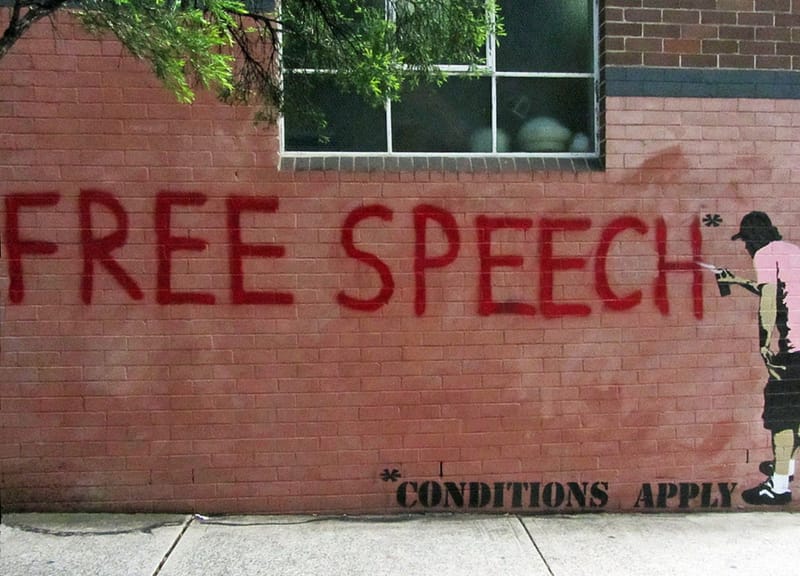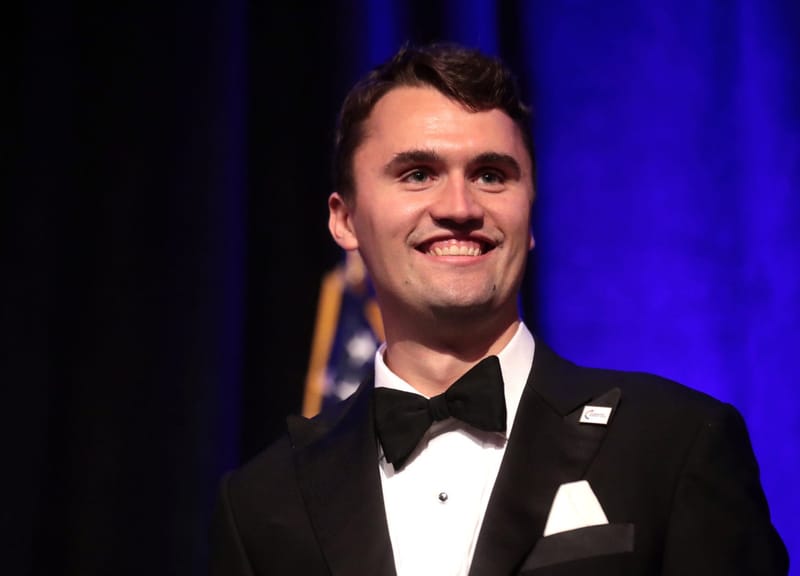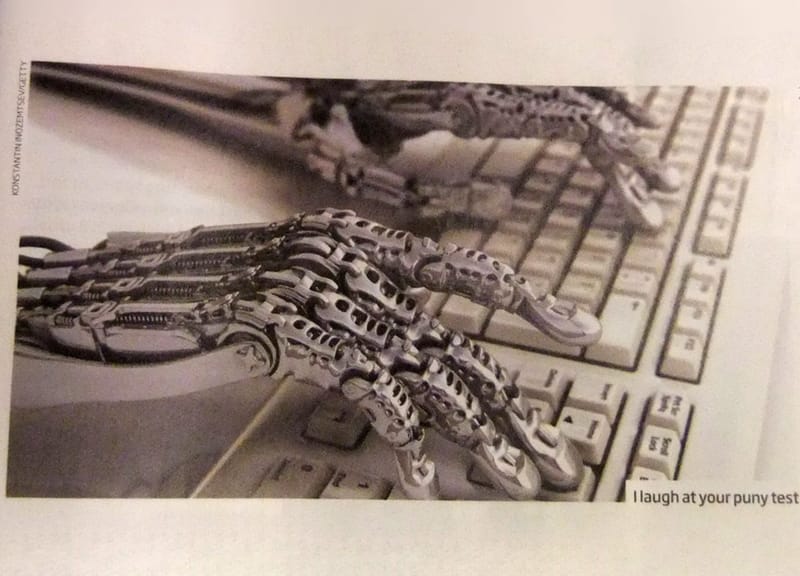The Unspeakable Violence of States
We call it law and order
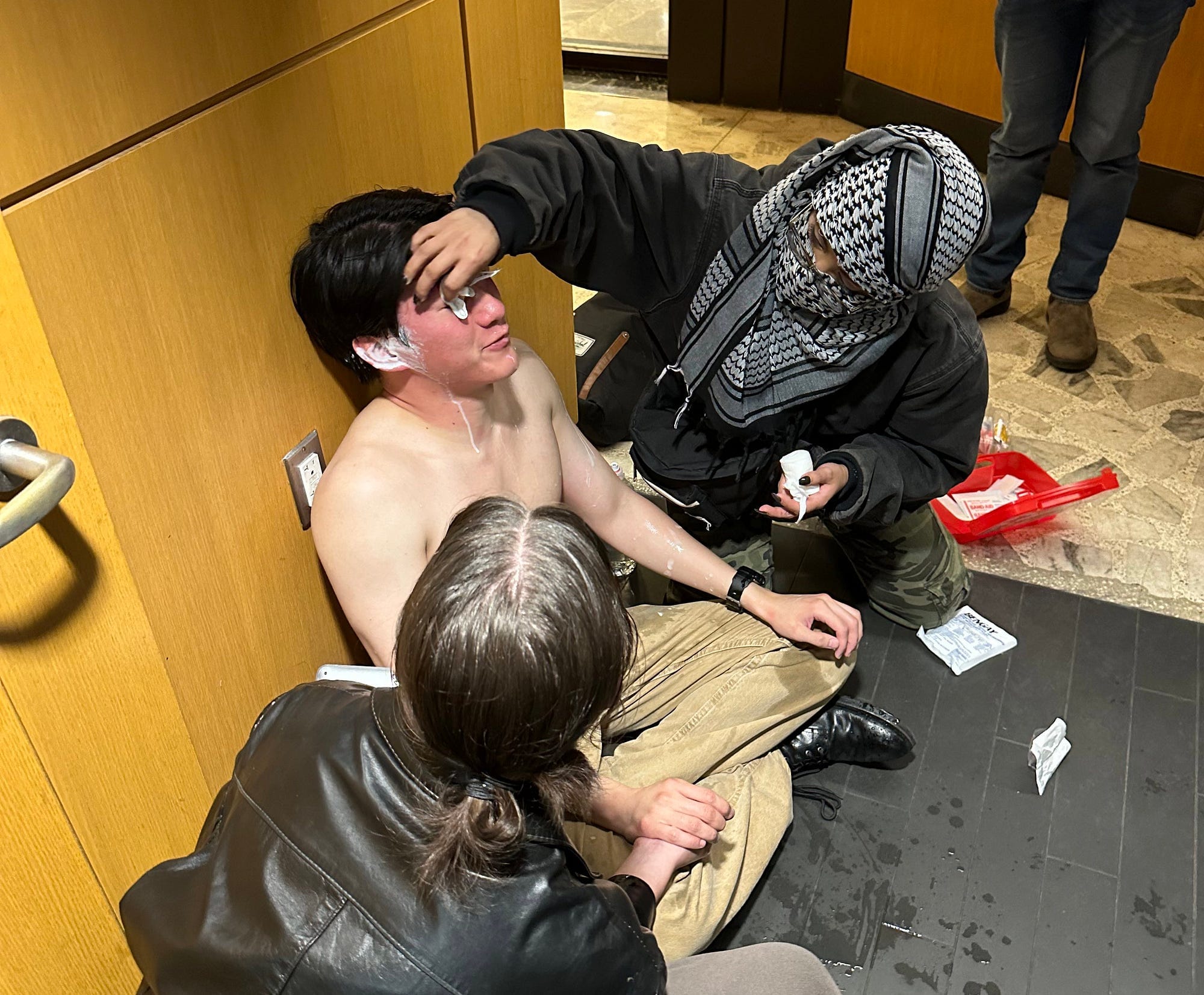
Mass graves in Gaza and mass arrests in the United States, both evidence of the violence with which the dominant forces maintain power, violence which we must not assume will be contained to specific groups or specific acts. Violence is like fire, it cannot be mastered by language or history; it rips through the world, gaining in ferocity with every spark until it engulfs an epoch which believed it could control its elemental impulse. Violence is the legacy system upon which modernity is built and continues to thrive. The violent extraction, extermination, oppression and domination of everything and everyone, from the natural world to racial hierarchies to the Law, which keeps our world turning. Violence is not a flaw in this system. It is a feature, a feature virulently and repeatedly denied by the very institutions that wield it to maintain “order”.

We are faced with unspeakable horrors. Horrors that cannot be bound in the stories we tell about the world, horrors that choke our throats with sobs or fill our chests with screams. We cannot speak through such fear, terror and rage. Horrors are felt in the body, where language does not rein. It’s why civilians take to the street to be heard—because there are no words for what we need to say. It’s why students are camping on campuses—because speech fails. And it’s why police are violently arresting them—there is no mercy for the unspeakable because the unspeakable speaks to violence, and we live in States that deny their own violence. Students must be locked up because the State denies Israel’s violence in Gaza; students must be locked up because the State is only interested in language it can control and to control bodies you must incarcerate them.
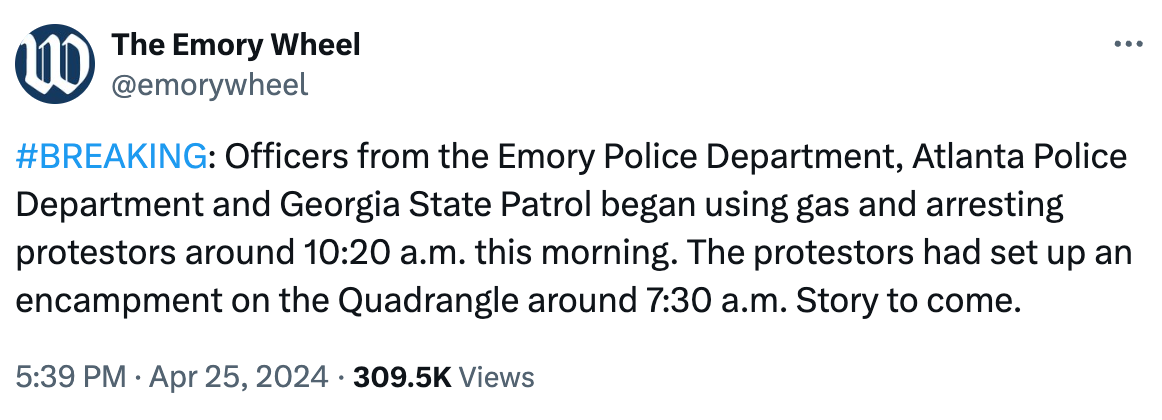
State power is built on a “willingness to put bodies on the line”, argued legal theorist Robert Cover. It is founded on violence. But that violence has been re-imagined as justice, ensuring that the most violent actors in the world are free of scrutiny or accountability. These institutions commit violence every day under the guise of law and order and, in order to perpetuate this myth, violence is understood as an aberration in an otherwise functioning system rather than a necessary feature of that system. The Law denies its own violence, and instead “projects an imagined future upon reality”, wrote Cover. The Law is incapable of justice if it is not situated in the real world, which is full of the violence of its own making.
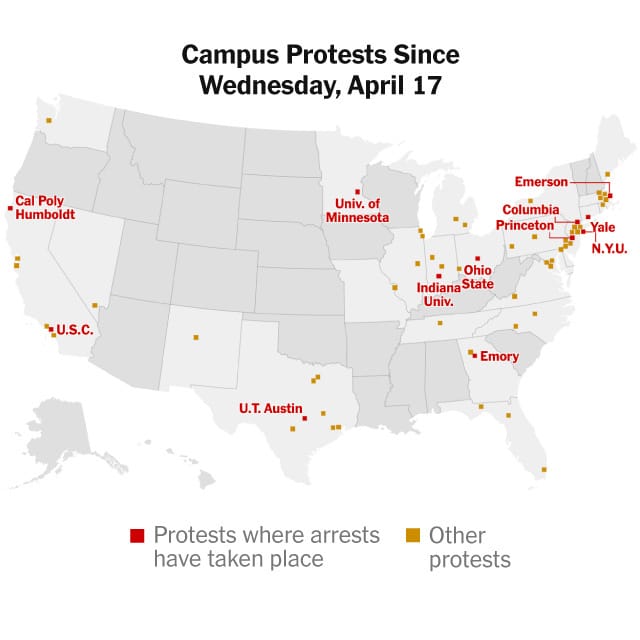
Power is maintained through language: stories are re-written, books are banned, words are denied: Genocide. Despite Israel making an utter farce of international law, still we await these same institutions to pass judgement on the devastation of Palestine before we can speak. It is not a genocide until these institutions say so. Yet, Israel has undermined their authority and the sanctity of Law at every turn—so why are we still asked to look to these institutions and these Laws for guidance? Journalists and media outlets face legal repercussions for using the word “genocide” before it has been established in the correct hallways, hallways that ring with silence because their own power is founded on unspeakable violence.
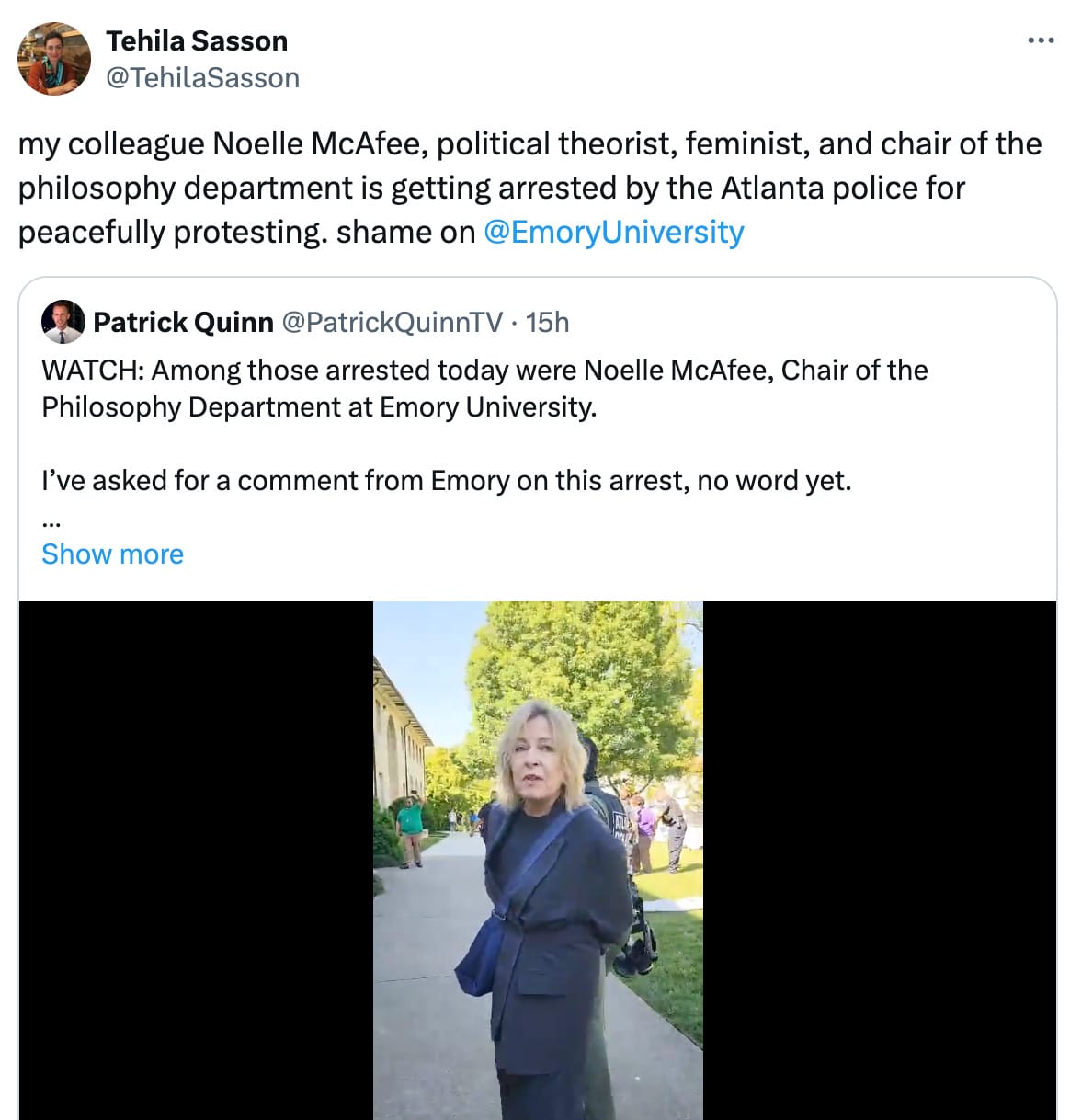
As long as power wraps the world in stories of its benevolence, progress and liberty, violence, in all its unspeakable-ness, will be denied. Students will be arrested for protesting the slaughtering of civilians. They may even be killed, because we must never assume the state’s willingness to commit violence against its subjects’ bodies stops at incarceration. We must never assume violence can be contained because it is, by its very nature, wild, beyond language, and also shrouded in language by the same force that wields it. Shrouded, denied, maintained by the very institutions who purport to guard against it. Violence guards the world order. We call it Law.
Planet: Critical investigates why the world is in crisis—and what to do about it.
